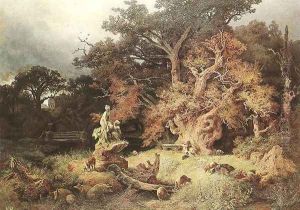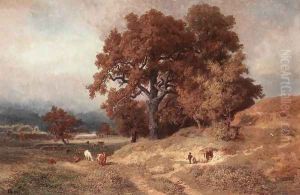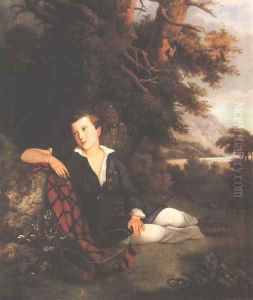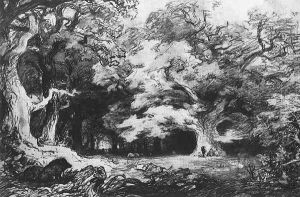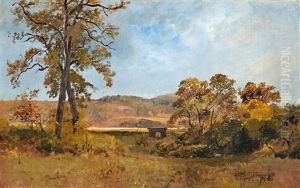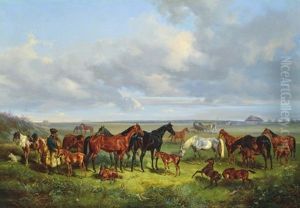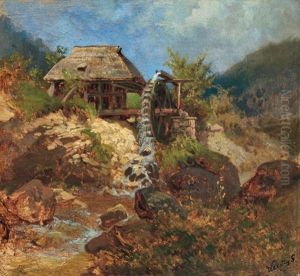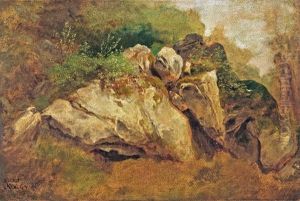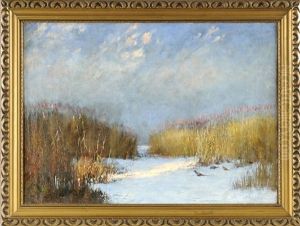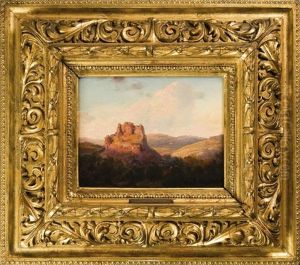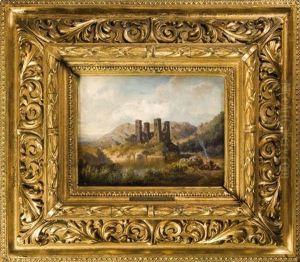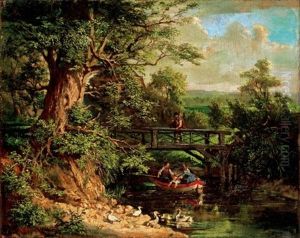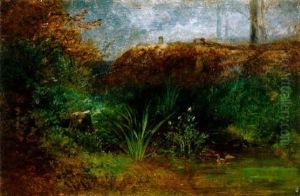Gusztav Keleti Paintings
Gusztav Keleti was a prominent Hungarian painter and art educator, born on May 28, 1834, in Pest (now part of Budapest), Hungary. He was a key figure in the Hungarian art scene during the 19th century, significantly contributing to the development of Hungarian Romantic and academic art. Keleti's early life and education played a crucial role in shaping his artistic direction. He initially studied law but soon shifted his focus to art, enrolling at the Vienna Academy of Fine Arts. His talent and dedication to art were evident from the start, and he further honed his skills under the guidance of influential figures of the time.
Throughout his career, Keleti was deeply influenced by the Romantic movement, which was prevalent across Europe. His works often depicted historical scenes, landscapes, and portraits, imbued with a sense of nationalism and a deep appreciation for Hungarian history and culture. Keleti's paintings are known for their detailed realism, vibrant colors, and emotional depth, characteristics that made him stand out among his contemporaries.
Beyond his contributions as an artist, Keleti played a pivotal role in the Hungarian art education system. In 1871, he became the director of the newly established Mintarajziskola (Model Drawing School) in Budapest, which was the precursor to today's Hungarian University of Fine Arts. His tenure as director marked a significant period of reform and modernization in art education in Hungary. Keleti was passionate about nurturing young talent and was instrumental in introducing new teaching methods and curricula that emphasized both technical skill and creative expression.
Gusztav Keleti's legacy extends beyond his paintings. His leadership in art education and his efforts to elevate the status of Hungarian art had a lasting impact on generations of artists. He was a central figure in the establishment of the Hungarian National Gallery and actively participated in the organization of art exhibitions, further promoting Hungarian art both nationally and internationally. Keleti passed away on March 25, 1902, in Budapest, but his influence on Hungarian art and culture remains significant to this day. Through his artistic achievements and educational reforms, Keleti helped lay the foundation for the flourishing of Hungarian art in the 20th century.
